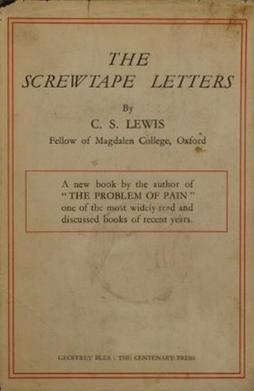Barber is confident that he is correct in attributing authorship to the Apostle (under the inspiration of the Holy Spirit, of course), and he ends with a strongly worded conclusion.
In conclusion, I want to say that, at first blush, it would seem that the "academically responsible" approach would be to remain noncommittal about Johannine authorship. However, I'm coming to the conclusion that the opposite is true. Hedging on Johannine authorship seems to betray an unwillingness to acknowledge the coherence of the early testimony with the internal evidence.
One wonders if such reluctance is motivated by other concerns. Clearly, asserting that someone like the rich young ruler is the author of the Fourth Gospel seems to stretch the limits of credulity. Rather, it would seem the unanimous patristic witness was reliable when it held that the Gospel the manuscripts all call "The Gospel According to John" was written by, well... er, John.
Who are these "scholars" who "betray an unwillingness to acknowledge the coherence of the early testimony with internal evidence?" In Jesus of Nazareth, From the Baptism in the Jordan to the Transfiguration (Doubleday 2007), Pope Benedict XVI seems to stake out a postion ("I entirely concur . . .") that draws a distinction between the Apostle John and another John, the Presbyter, who wrote the Gospel.
. . . in Ephesus there was something like a Johannine school, which traced its origins to Jesus' favorite disciple himself, but in which certain "Presbyter John" presided as the utimate authority. This "presbyter" John appears as the sender and author of the Second and Third Letters of John (in each case in the first verse of the first chapter) simply under the title "the presbyter" (without reference to the name John). He is evidently not the same as the Apostle, which means that here in the canonical text we encounter expressly the mysterious figure of the presbyter. He must have been closely connected with the Apostle; perhaps he had even been acquainted with Jesus himself. After the death of the Apostle, he was identified wholly as the bearer of the latter's heritage, and in the collective memory, the two figures were increasingly fused. At any rate, there seem to be grounds for ascribing to "Presbyter John" an essential role in the definitive shaping of the Gospel, though he must always have regarded himself as the trustee of the tradition he had received from the son of Zebedee.
I entirely concur with the conclusion that Peter Stuhlmacher has drawn from the above data. He holds "that the contents of the Gospel go back to the disciple whom Jesus (especially) loved. The presbyter understood himself as his transmitter and mouthpiece" (Biblische Theologie, II, p. 206). In a similar vein Stuhlmacher cites E. Ruckstuhl and P. Dschullnigg to the effect that "the author of the Gospel of John is, as it were, the literary executor of the favorite disciple" (ibid., p. 207).












